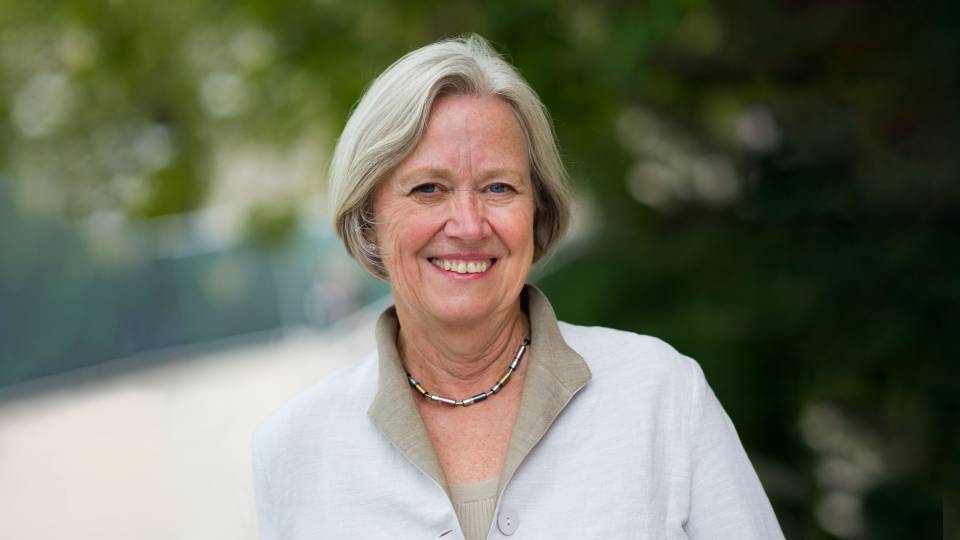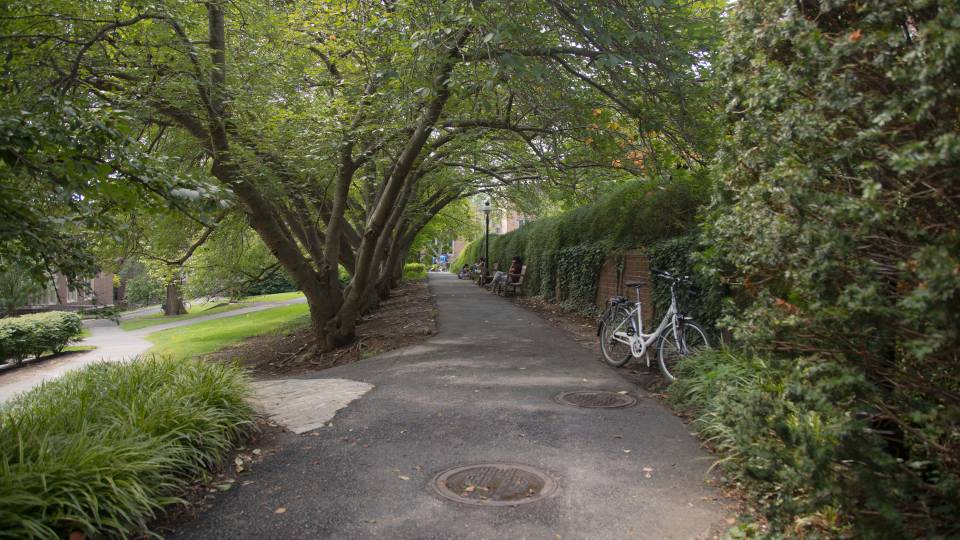Princeton President Shirley M. Tilghman is one of five winners of the international 2002 For Women in Science Award.
The distinguished women leaders in science were chosen by an international jury for the award, which is sponsored by UNESCO and the L'Orial cosmetics company. They were honored March 6 in Paris at a ceremony which Tilghman was unable to attend.
She was recognized for her role as a leading architect of the national effort to map the human genome and for her pioneering work on the first research team to isolate mammalian genes. The award also saluted her for being "a vocal advocate on behalf of women in science."
"It is an honor to have been chosen for this award," Tilghman said. "In my 25 years as a biologist, I have seen significant growth in the opportunities for women to pursue careers in science. However, many challenges remain. The world is full of fascinating and urgent scientific questions, and I hope this award inspires young women to pursue them."
Joan Steitz, a recipient of last year's award and a member of this year's jury, described Tilghman as "a terrific scientist whose groundbreaking research ... has been instrumental in clarifying the patterns of inheritance of certain cancers and other genetic disorders."
"She has not only championed the cause of women in science but has been a vocal advocate for bettering the welfare of young scientists in general," added Steitz, the Sterling Professor of Molecular Biophysics and Biochemistry at Yale University. "Her willingness to take on a challenge -- small or large, social or scientific -- and invariably come up with innovative solutions has always commanded my greatest respect."
The other recipients are: Nagwa Meguid, professor of human genetics at the National Research Center in Cairo, Egypt; Ana Maria Lopez Colome, professor of neuroscience and biochemistry at the National Autonomous University in Mexico City; Indira Nath, professor at the All India Institute of Medical Sciences in New Delhi; and Mary Osborn, professor at the Max Planck Institute of Biophysical Chemistry in Gottingen, Germany.
Tilghman came to Princeton in 1986 as the Howard A. Prior Professor of the Life Sciences. In 1998, she took on additional responsibilities as the founding director of Princeton's multidisciplinary Lewis-Sigler Institute for Integrative Genomics. She became Princeton's 19th president in June 2001.
During postdoctoral studies at the National Institutes of Health, she made a number of groundbreaking discoveries while participating in cloning the first mammalian gene. A member of the National Research Council's committee that set the blueprint for the U.S. effort in the Human Genome Project, Tilghman also was one of the founding members of the National Advisory Council of the Human Genome Project Initiative for the National Institutes of Health.
Contact: Marilyn Marks (609) 258-3601

